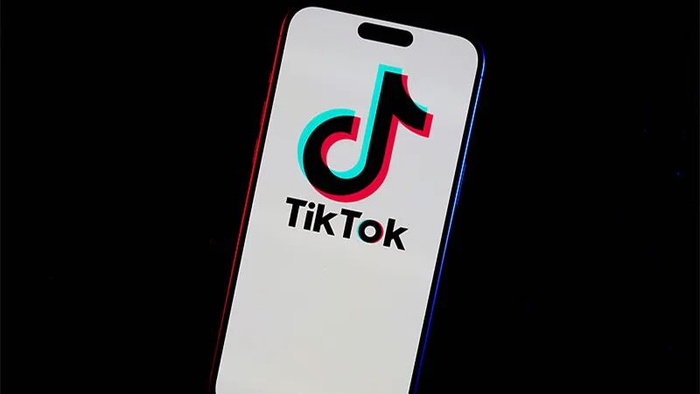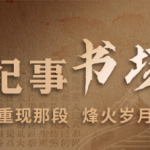September 20
On September 20, according to the Ministry of Commerce website, a spokesperson addressed questions regarding the progress on the TikTok issue. A reporter asked: It has been reported that China and the United States reached a basic framework consensus on the TikTok issue during talks in Madrid. On September 19, the leaders of both countries also exchanged views on the TikTok issue during a phone call. Can the Ministry of Commerce provide further details on the progress?
Answer: From September 14 to 15 local time, China and the United States held talks in Madrid, Spain, and reached a basic framework consensus on properly resolving TikTok-related issues through cooperation, reducing investment barriers, and promoting relevant economic and trade cooperation. On the evening of September 19, the leaders of both countries held a phone call, where they candidly and deeply exchanged views on current China-U.S. relations and issues of mutual concern, providing strategic guidance for the stable development of bilateral relations in the next phase.
China’s position on the TikTok issue is clear. The Chinese government respects corporate intentions and welcomes businesses to conduct commercial negotiations based on market rules to reach solutions that comply with Chinese laws and regulations and balance interests. We hope the U.S. side will work with China in the same direction, fulfill corresponding commitments, provide an open, fair, just, and non-discriminatory business environment for Chinese companies, including TikTok, to operate continuously in the U.S., and promote stable, healthy, and sustainable development of China-U.S. economic and trade relations.
Ministry of Commerce
The Ministry of Commerce is a government department responsible for regulating and promoting a nation’s trade, commerce, and economic interests. Historically, such ministries were established as countries industrialized to develop and oversee national economic policy, often evolving from earlier boards of trade. Its functions typically include enforcing trade laws, negotiating international agreements, and supporting domestic businesses.
China
China is one of the world’s oldest continuous civilizations, with a recorded history spanning over four millennia. It is renowned for its profound cultural heritage, including the Great Wall, the Forbidden City, and the philosophical traditions of Confucianism and Taoism. Today, it is a major global power that blends its ancient traditions with rapid modernization.
United States
The United States is a North American nation founded in 1776 after declaring independence from Great Britain. Its history is defined by westward expansion, the Civil War, and its emergence as a global superpower in the 20th century. Culturally, it is a vast melting pot of immigrant influences and is globally recognized for its significant impact on technology, entertainment, and democratic ideals.
TikTok
TikTok is a social media platform for creating and sharing short-form videos, launched in 2016 by the Chinese company ByteDance. It grew rapidly through its acquisition and merger with Musical.ly, becoming a global cultural phenomenon known for viral trends, music, and creative content.
Madrid
Madrid is the capital and largest city of Spain, officially established as the royal court by King Philip II in 1561. Its historic center contains landmarks like the Royal Palace and Plaza Mayor, reflecting its long history as a political and cultural hub. Today, it is renowned for its world-class art museums, vibrant public squares, and dynamic urban life.
Spain
Spain is a southwestern European country with a rich and layered history, shaped by Roman, Visigothic, and Muslim rule before the Christian Reconquista unified the nation. It became a global empire following the voyages of Columbus, and its cultural legacy is now visible in its historic architecture, vibrant festivals, and influential art.
Chinese government
The Chinese government is the administrative body of the People’s Republic of China, operating under a single-party socialist system led by the Communist Party of China (CPC). It was established in 1949 after the CPC’s victory in the Chinese Civil War, and its structure is defined by the Constitution of the PRC. The government’s history is marked by periods of significant economic reform and development, particularly following the policies initiated in the late 1970s.
Chinese laws and regulations
“Chinese laws and regulations” refers to the comprehensive legal system of the People’s Republic of China, which has evolved significantly since the country’s founding in 1949. Historically influenced by traditional legalist and Confucian principles, it was substantially reformed and expanded during the Reform and Opening-Up period starting in 1978. Today, it is a complex framework of statutes, administrative regulations, and local decrees that governs all aspects of state governance and social life.



